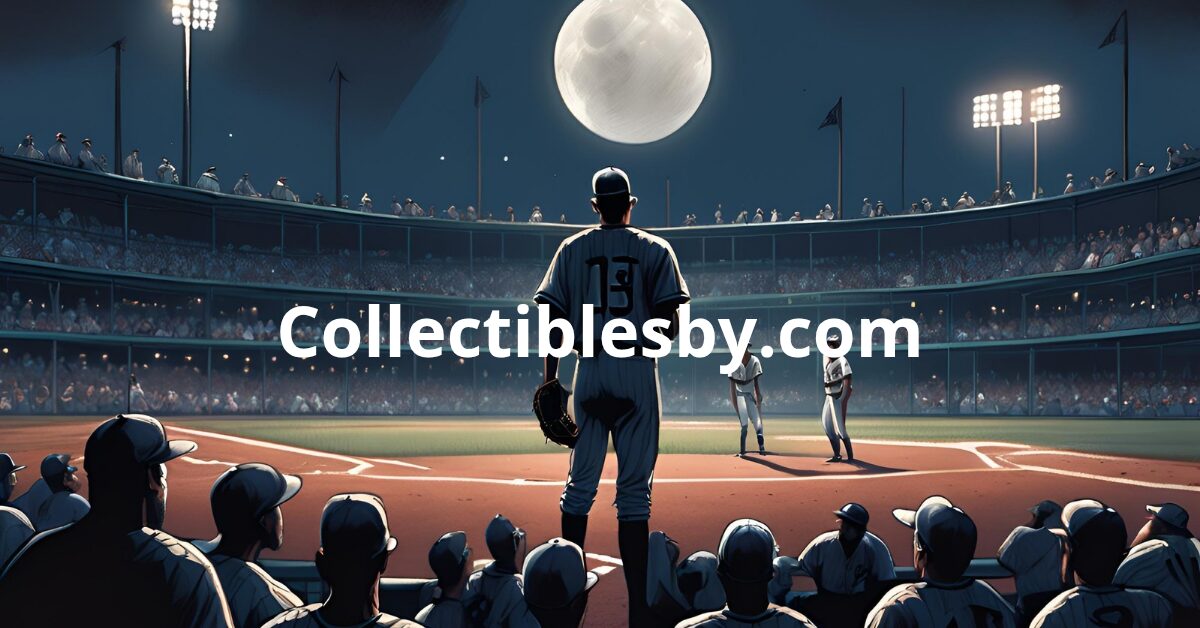The rumble of the ’72 Chevy Impala, a behemoth of faded blue, was the soundtrack to my summers in 1977 was filled with ball games and collecting baseball cards. Every time Dad turned the key, a thrill would course through me, a promise of adventure. But the best adventures always involved baseball, and more specifically, trips to see the local minor league team, the “Millers.”
Dad was a man of few words, but his eyes lit up at the mention of baseball. He wasn’t a former player, or even a particularly knowledgeable fan in the strategic sense. He simply loved the game, the rhythm of the bat hitting the ball, the roar of the crowd, the shared experience. For him, and therefore for me, baseball games and collecting baseball cards was a sacred ritual.
Our journey to the ballpark was a ritual in itself. We’d leave our modest, two-story house, the scent of freshly cut grass hanging in the air. Dad would check the tires, kick them lightly, a habit ingrained from years of owning cars prone to flats. I’d climb into the back seat, the vinyl sticky against my bare legs, and buckle up, my eyes already glued to the passing scenery.
The drive was a silent communion. Dad would hum along to the crackling AM radio, a mix of country twang and the occasional pop hit. I’d stare out the window, imagining myself on the field, hitting towering home runs, making diving catches. The world outside was a blur of green fields, weathered barns, and the occasional roadside diner.
The ballpark itself was a relic, a testament to a bygone era. It wasn’t a sprawling, modern stadium with luxury boxes and jumbo screens. It was a simple, concrete structure, with wooden bleachers that creaked under the weight of the crowd. The smell of hot dogs and popcorn filled the air, a heady mix that always made my stomach rumble.
Dad would buy us hot dogs, slathered in mustard and relish, and a large paper cup of ice-cold soda. We’d find our seats, usually somewhere in the third base line, and settle in for the game. The atmosphere was electric, even for a minor league game. The crowd was a mix of families, retirees, and die-hard fans, all united in their love of the game.
The Millers weren’t a particularly good team, but they were our team. We cheered for every hit, groaned at every strikeout, and held our breath during every close play. Dad would explain the nuances of the game, pointing out the subtle strategies, the hidden battles between pitcher and batter. He’d tell stories of legendary players from his youth, their names echoing through the generations.
The game was a slow burn, a gradual unfolding of drama. There were moments of brilliance, like a towering home run that sent the crowd into a frenzy, and moments of frustration, like a crucial error that cost the Millers the game. But through it all, Dad remained calm, his gaze fixed on the field, his love for the game unwavering.
The sun would start to set, casting long shadows across the field, and the cool evening air would settle in. The game would wind down, the final out recorded, the crowd slowly dispersing. We’d walk back to the Impala, the sounds of the ballpark fading into the night.
But the adventure wasn’t over. On the way home, Dad would make a detour, a crucial stop that completed the ritual. We’d pull into the parking lot of the local dime store, a small, unassuming building that held a treasure trove of wax packs for collecting baseball cards.
The dime store was a wonderland, a labyrinth of aisles filled with toys, candy, and knick-knacks. But our destination was always the same: the baseball card section. The cards were displayed in long, narrow boxes, the colorful packs beckoning us closer.
Dad would give me a dollar, a small fortune in those days, and I’d carefully select a few packs of Topps baseball cards. The anticipation was almost unbearable. I’d tear open the wax paper, the smell of fresh cardboard and bubblegum filling my nostrils.
The cards were a snapshot of the era, a glimpse into the world of baseball in 1977. There were the established stars, like Pete Rose and Reggie Jackson, their faces familiar and iconic. There were the up-and-coming rookies, their potential yet to be fully realized. And there were the journeymen, the players who toiled in the shadows, their stories less celebrated but no less important.
I’d carefully examine each card, memorizing the stats, studying the photos, dreaming of the day I’d play alongside these legends. I’d chew the pink, sugary bubblegum, its flavor fading quickly, but its sweetness lingering on my tongue.
We’d get back into the Impala, the cards tucked safely into my pocket, and Dad would start the engine. The drive home was a quiet one, filled with the satisfaction of a perfect evening. I’d gaze out the window, the stars twinkling in the night sky, and dream of baseball.
The next day, I’d carefully organize my new cards, adding them to my growing collection. I’d spend hours trading with my friends, debating the merits of different players, building my own fantasy teams. The cards were more than just pieces of cardboard; they were a connection to the game, a tangible reminder of the magical evenings spent with my dad at the ballpark. That’s why today after all these years have past and I still enjoy collecting baseball cards.
Those trips to the ballpark, the hot dogs, the cheers, the dime store stops, the baseball cards – they were the moments that defined my childhood. They were the moments that forged a bond between me and my dad, a bond that was as strong and enduring as the game itself.
Looking back, I realize that it wasn’t just about the baseball. It was about the shared experience, the simple pleasures, the quiet moments of connection. It was about a father and son, united by a love of the game, creating memories that would last a lifetime.
The roar of the crowd, the crack of the bat, the smell of hot dogs, the feel of the cards in my hand – those memories are as vivid today as they were in 1977. And every time I see a pack of Topps baseball cards, I’m transported back to those magical summers, back to the time when baseball was more than just a game; it was a way of life.

